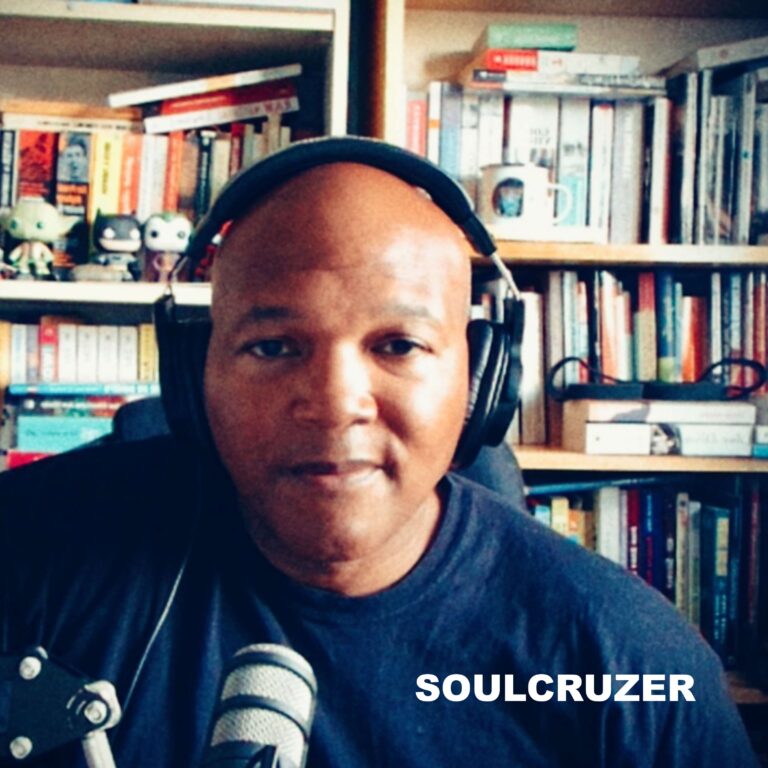“The master in the art of living makes little distinction between his work and his play, his labour and his leisure, his mind and his body, his education and his recreation, his love and his religion. He hardly knows which is which. He simply pursues his vision of excellence at whatever he does, leaving others to decide whether he is working or playing. To him, he is always doing both.”
This quote has been attributed to several different sources, so I’ll leave it to the internet to sort out. For me, it has been the Golden Barge I’ve been chasing all of these years. But like for Jephraim Tallow, it has remained forever, just around the bend or up ahead in the distance, in the fog.
If you’re not familiar with Tallow, he’s the main character in Michael Moorcock’s novella The Golden Barge. He’s a young and introspective man who embarks on a surreal and existential journey. Jephraim is driven by a desire to follow a mysterious golden barge that he glimpses on the horizon. It’s a symbol of his yearning for meaning and transcendence.
The story is deeply allegorical, with Jephraim’s quest often interpreted as a search for purpose or self-discovery. Moorcock uses Jephraim’s odyssey to explore philosophical themes such as identity, free will, and the nature of reality. The character of Jephraim is both deeply flawed and intensely reflective, making him a quintessential anti-hero in Moorcock’s literary tradition.
I know we’re not supposed to attach any outcomes to meditation, but I often hope my golden barge is waiting for me on the other side of meditation.
Discover more from soulcruzer
Subscribe to get the latest posts sent to your email.







